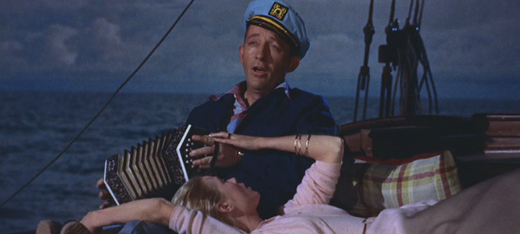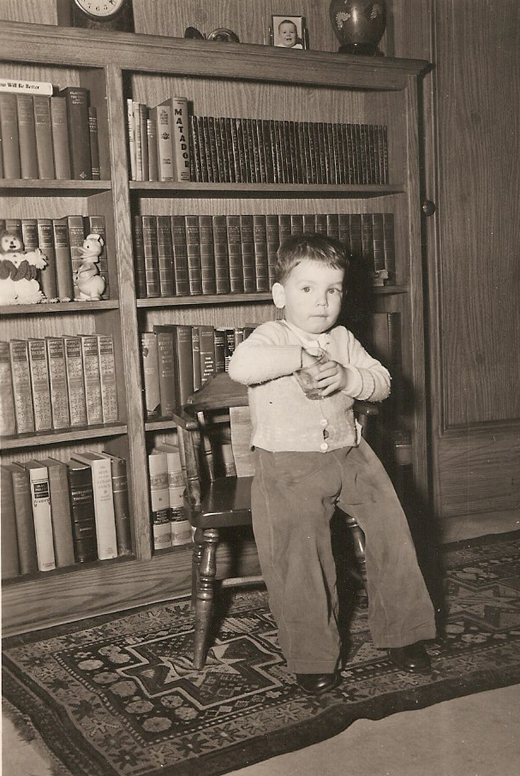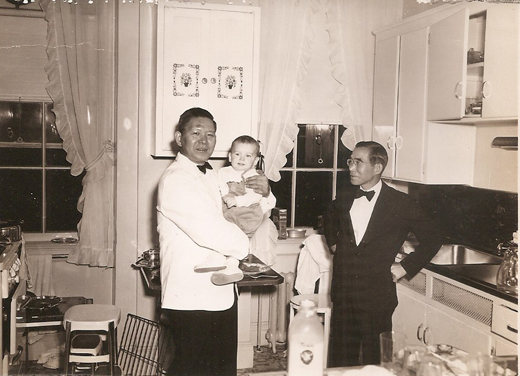Dear Diary: Dis
Monday, September 14th, 2009
Is everybody dying? I see that actor Patrick Swayze died today. Of pancreatic cancer — said to be the worst, the most painful cancer that you can have. I never read The Basketball Diaries, by Jim Carroll, who also just died; I never saw the movie with Leonardo di Caprio or read any of Carroll’s poems. Ordinarily, his death is not something that I’d have reason to mention. But every time one of these fellows passes away, I’m more surprised that I’m still standing. Believe me, “personal responsibility” has nothing to do with it.
My mother-in-law is dying. I can say that because she’s past caring about my mentioning it. She is failing very quickly, faster than she thinks — faster, we hope, than the pain of a bad heart can keep up with her exit. We hope that she’ll be able to greet her younger sister this weekend. My mother-in-law is looking forward to that. She’s looking forward to it so keenly that Kathleen has been asked to come down next weekend (the last in September) , so as not to crowd the festivities. One is used to this. I certainly am. My mother’s last words to anybody were addressed to me. “Did you put the leftover ravioli in the freezer?” she wanted to know. “Wanted to know” is an understatement. We are talking about Denial of Death on a Wagnerian scale.
Meanwhile, life is quickening in the East Village. I’d tell you a cute story about that, but I’d be speaking out of turn. I can tell you this, though: my grandson likes Tom Petty’s “Wildflowers.” So does his mom! Which may have something to do with it. I can’t decide whether to get to know the song. Information? Or barging in? All I really want is to live long enough to hold him. Given the fact that Patrick Swayze was in at least ten thousand times better shape than I am, I wonder how it is that I’m even here.
When, just before my mother’s wake, they opened the casket, so that my father, my sister, and I could take one last look, I collapsed in heaving sobs. It was very dramatic, but it was wholly genuine — part of the panic in my sobbing was the surprise of feeling so intensely about someone I had disliked for so long. At my father’s dying, in contrast, I wept once — when the priest uttered (in English) the et cum Lazaro line that Fauré sets so beautifully at the end of his highly idiosyncratic Requiem. It’s funny, but I always thought of my father as a little boy, even when I was the little boy. There was nothing immature about him; I don’t mean that he was an overgrown adolescent. Nor was there anything youthfully “creative.” He was simply somebody who struck me as never quite getting used to the miracle of things. He was hopelessly impractical about all domestic realities, and I loved that about him to the bottom of my heart. If he had been my real father, I couldn’t have adored him more. But I didn’t adore him at all. I just loved him. I’m not sure that he ever knew that, or that it meant much to him. No matter.
I am of two minds about dying. Part of me has been packed and ready to go for years. A somewhat bigger part is still too egotistically attached to my work at The Daily Blague and at Portico. I haven’t yet turned either site into the souvenir-monument that I’d like it to be. (Little did you know that you were reading a tombstone-in-progress!). But death is for survivors; the dying too quickly forget what has happened.Â
A small, small part of me knows what’s really difficult. Our bodies don’t matter (not to us) when we’re dead. The faces that we saw in the mirror every morning simply cease to be when the life goes out of them. What matters, to those who survive us, is what they can make of us. The legacy that we may think that we leave is in fact something that the people after us fashion out of our leftovers. Our nakedness in death is nothing to our helplessness in the judgment of survivors.
There’s one thing we all agree about, though, no? Let it happen before we know it. Let us cheat death by not recognizing it, when it doffs its hat. Let us be busy urging the freezing of the leftover ravioli.






















